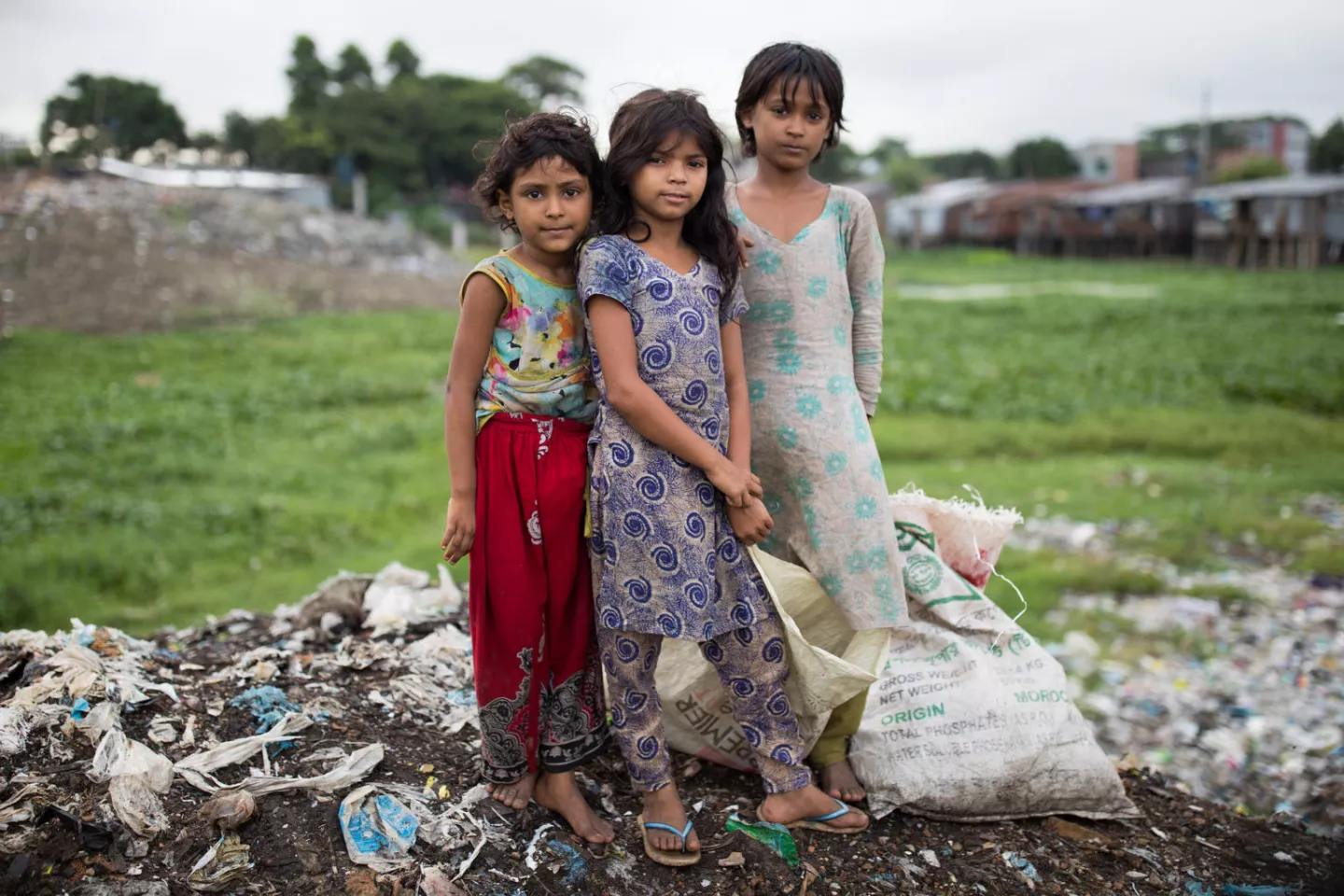
Child labor remains one of the most pressing social and human rights issues of our time. Despite global efforts to eradicate it, millions of children around the world continue to be subjected to conditions that rob them of their childhood, their education, and their future. These children are often forced to work in hazardous environments, enduring long hours for little pay, and are deprived of the opportunity to grow and thrive. In this blog, we will delve into the grim reality of child labor, explore its root causes, and discuss how we can collectively work toward ending this injustice.According to the International Labour Organization (ILO), more than 160 million children globally are engaged in child labor, with nearly half of them trapped in hazardous work. These children are often found in sectors such as agriculture, manufacturing, mining, and domestic work. The exploitation is especially prevalent in regions plagued by poverty, political instability, and lack of education. Child labor affects both boys and girls, with some of the worst forms involving trafficking, forced labor, and slavery.Many children work under appalling conditions handling dangerous chemicals in factories, mining under unsafe conditions, or performing backbreaking labor on farms. Not only do these practices rob them of their right to education, but they also expose them to severe physical and mental health risks.
By: Adminstrator Admin

Access to healthcare is a fundamental human right and a cornerstone of human dignity. Yet, millions of people around the world, particularly in underserved communities, continue to lack access to basic medical care. In this blog, delve into the critical role healthcare plays in maintaining dignity and improving quality of life for individuals, families, and communities.Healthcare as a Human Right: Discuss the moral and ethical imperatives of providing accessible healthcare for all, regardless of socioeconomic status, geography, or background.The Impact of Healthcare Inequality: Explore the disparities in healthcare access between different regions and populations, emphasizing the need for targeted solutions.Preventative Care and Public Health Initiatives: Highlight the importance of preventative care in improving long-term health outcomes.Mental Health as Part of Dignified Care: Discuss the growing recognition of mental health as a critical aspect of overall health, and the need for mental health services to be part of accessible healthcare systems.Success Stories of Healthcare Interventions: Share inspiring stories of how healthcare initiatives such as mobile clinics, telemedicine, or community health workers have made a difference in underserved communities.
By: Adminstrator Admin
Health
The Human Dignity Charity Foundation is deeply committed to ensuring that health is recognized as a fundamental aspect of human dignity. We believe that every individual deserves access to quality healthcare, mental health support, and preventive services, regardless of their circumstances.